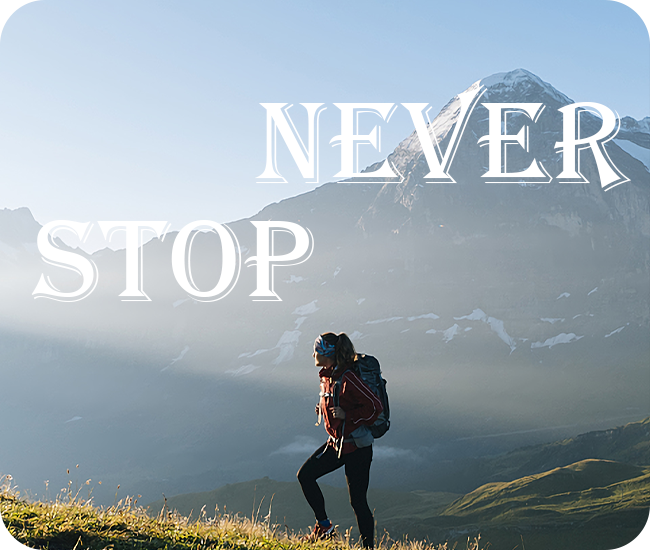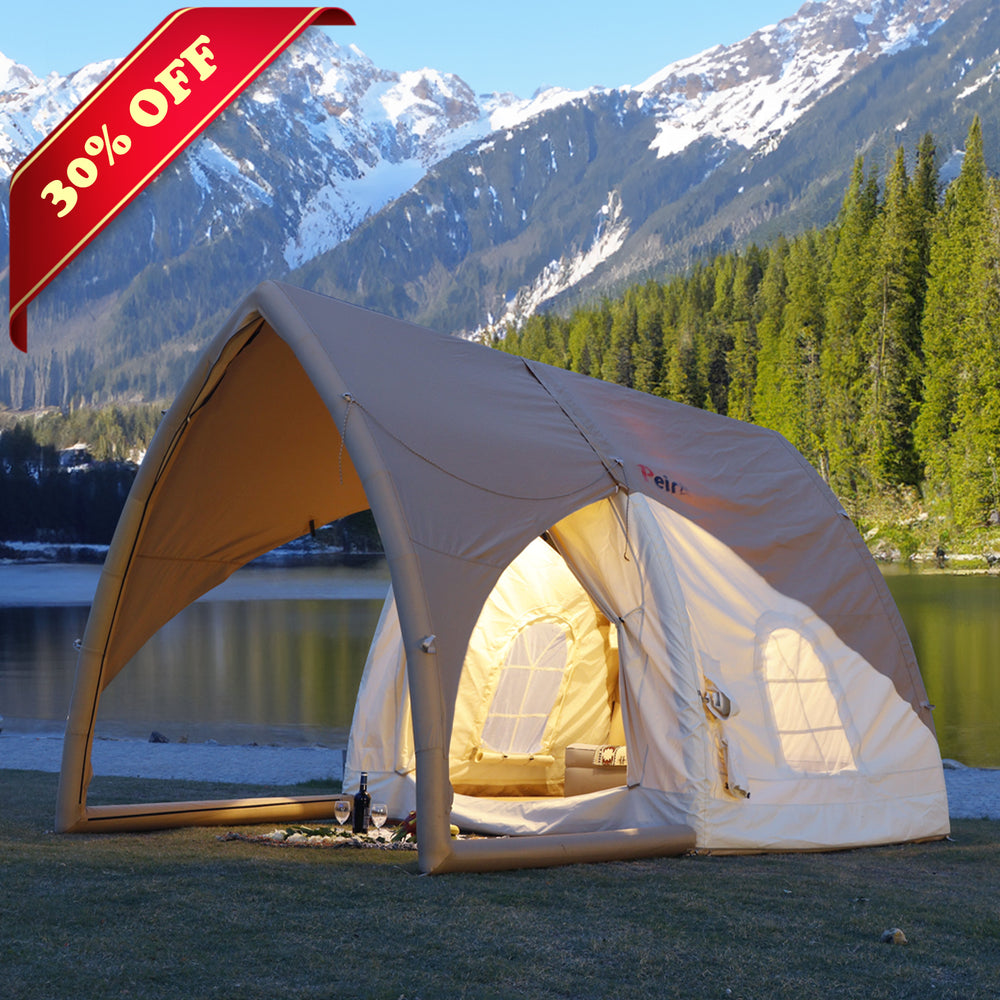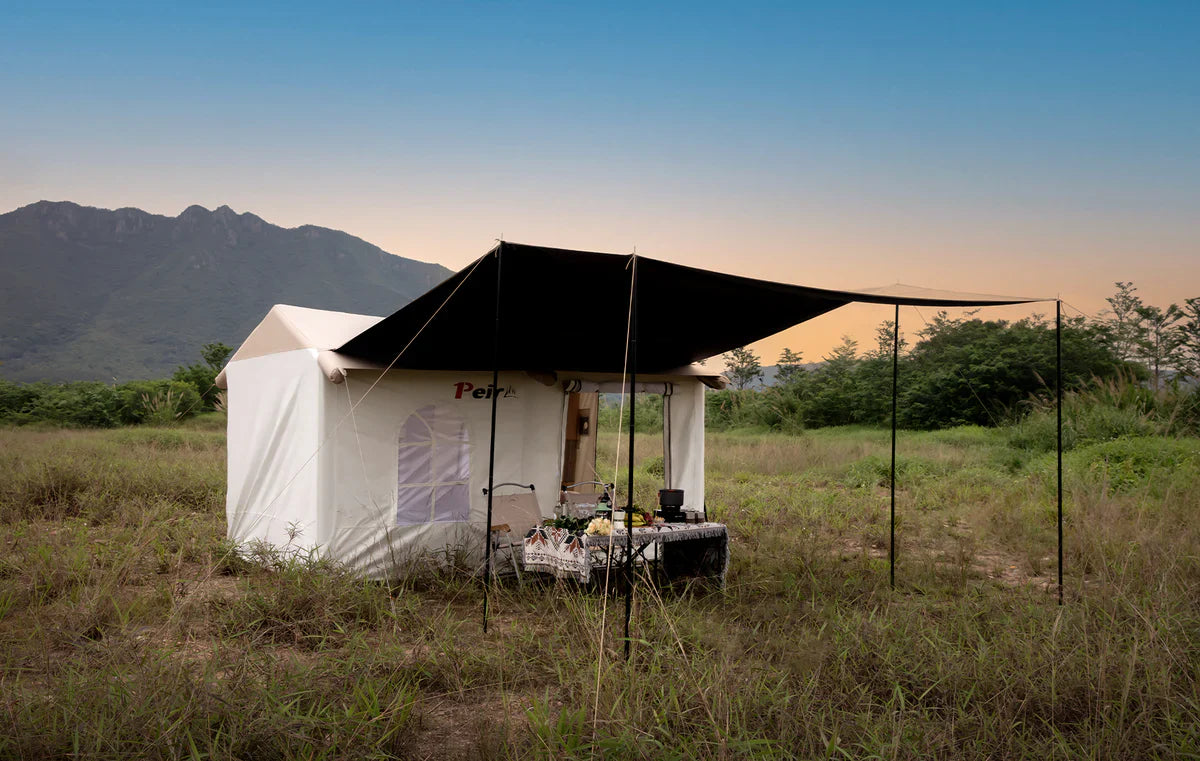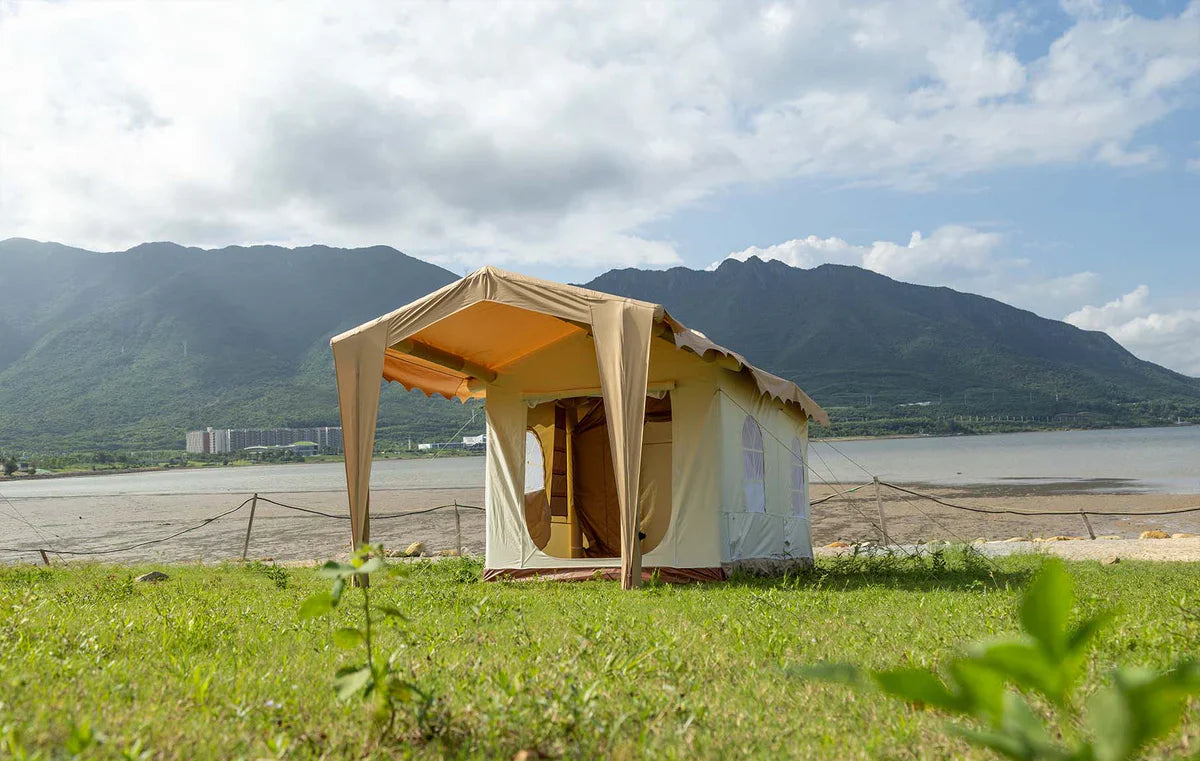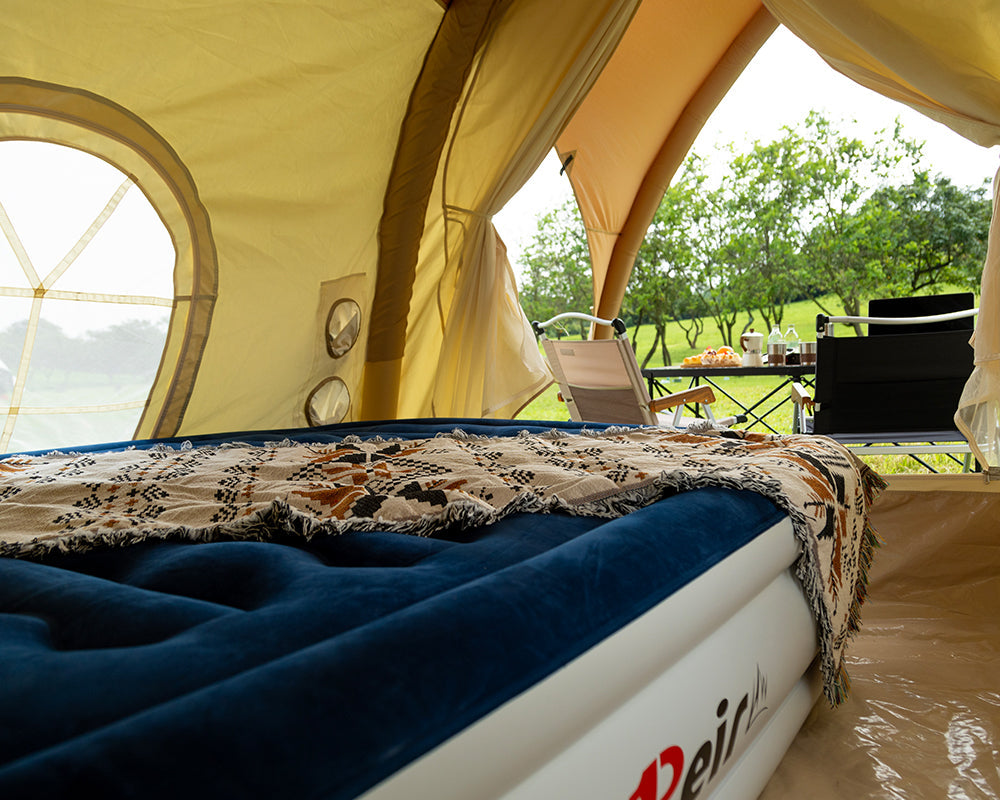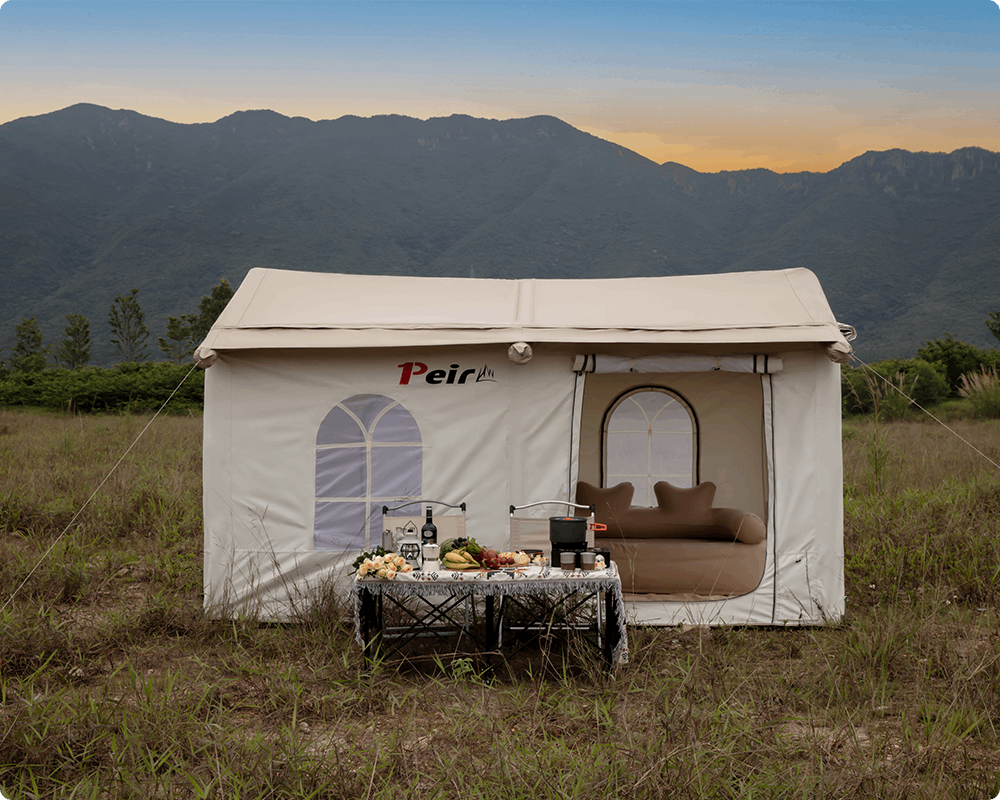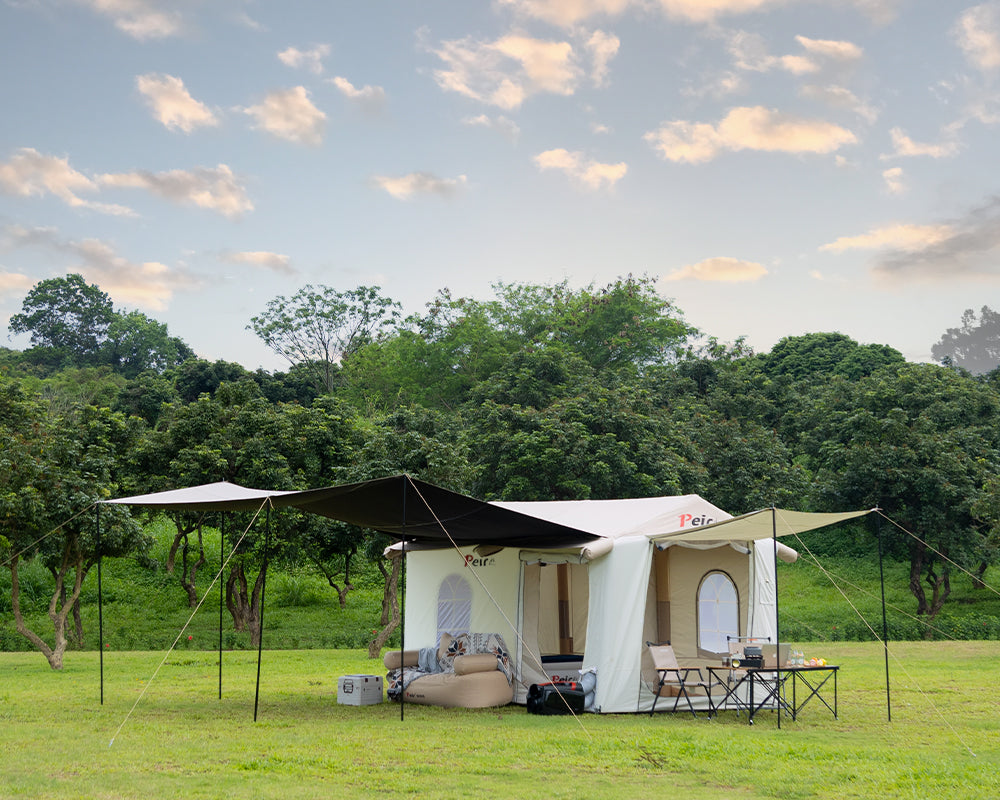Camping is an exciting way to reconnect with nature, but for beginners, it can feel a bit overwhelming. Having been on my fair share of outdoor adventures—ranging from serene lakeside campsites to unexpectedly windy mountain ridges—I’ve learned that preparation and adaptability are key. Here are some essential tips to help you have a safe, enjoyable, and memorable first camping experience.
1. Start with the Right Campsite
If it’s your first time, choose a well-maintained campsite with amenities like bathrooms and running water. These spots often have clearly marked trails and are closer to towns in case you forget something critical. I still remember my first camping trip when I underestimated how remote our site was—I ended up driving 40 minutes to find batteries for my flashlight!
Pro Tip: Use apps like AllTrails or Hipcamp to scout locations and read reviews from fellow campers. You’ll often find useful tidbits, like which spots have the best views or are less windy at night.
2. Invest in Quality Gear
Buying or borrowing the right gear can make or break your trip. At a minimum, you’ll need a tent, sleeping bag, sleeping mat, and a reliable source of light. For your first outing, resist the urge to overpack—focus on lightweight and versatile items.
One piece of gear I never regret carrying is a compact multi-tool. Once, during a rainy night, my tent zipper got stuck, and my multi-tool saved me from a wet and miserable night outside.
Checklist:
- Tent: Look for something weather-appropriate and easy to set up.
- Sleeping Bag: Check the temperature rating; better to be too warm than too cold.
- Headlamp: Hands-free lighting is invaluable when cooking or setting up camp after dark.
3. Practice Setting Up Before You Go
There’s nothing more stressful than trying to figure out how to pitch a tent in the dark with a storm rolling in. Before you head out, set up your tent in your backyard or a local park. Familiarize yourself with how your stove works or how to inflate your sleeping pad.
When I first tried my new tent, I realized I was missing one pole. Luckily, I discovered this during practice, not miles away from home. Trust me—this step saves you from unnecessary frustration.
4. Plan Your Meals Thoughtfully
While campfire cooking has a romantic appeal, it’s not always practical. For beginners, keep meals simple and prep ingredients beforehand. A personal favorite of mine is foil packet meals—just wrap seasoned chicken and veggies in foil and toss them on the fire or a portable grill. Easy, delicious, and no cleanup!
Don’t forget snacks! I always pack trail mix, jerky, and some instant coffee for a quick morale boost during early mornings or long hikes.
5. Dress in Layers and Be Weather-Ready
Weather in the wild can be unpredictable. Bring clothing you can layer, including moisture-wicking base layers, a warm fleece, and a waterproof jacket. I learned the hard way that cotton is a poor choice—it retains moisture and leaves you feeling cold.
Extra Tip: Pack a lightweight, quick-drying towel. It’s come in handy for everything from wiping off morning dew to makeshift padding for fragile items.
6. Leave No Trace
Respecting nature ensures the beauty of our wild spaces for future generations. Always pack out what you pack in, and follow “Leave No Trace” principles. On one of my hikes, I saw a campsite littered with trash—it completely ruined the serene vibe of the place.
Bring a small trash bag and familiarize yourself with waste disposal rules for your campsite. Even small actions, like avoiding soaps near streams, make a difference.
7. Expect the Unexpected
Even with meticulous planning, things can go awry. Your lantern might run out of batteries, or an unexpected rain shower could drench your gear. Stay calm, roll with the punches, and embrace the unpredictability—it’s all part of the adventure!
For instance, during a camping trip last fall, I woke up to a flat air mattress and spent the night lying on a pile of extra clothes for insulation. It wasn’t ideal, but it made for a great story later!
Final Thoughts
Camping as a beginner is all about learning and adjusting. Embrace the mishaps—they’re often the most memorable parts of your journey. With the right preparation, you’ll feel the pure joy of waking up to birds chirping, fresh air filling your lungs, and a day full of exploration ahead.
What’s your favorite camping tip or experience? I’d love to hear it—drop it in the comments below!






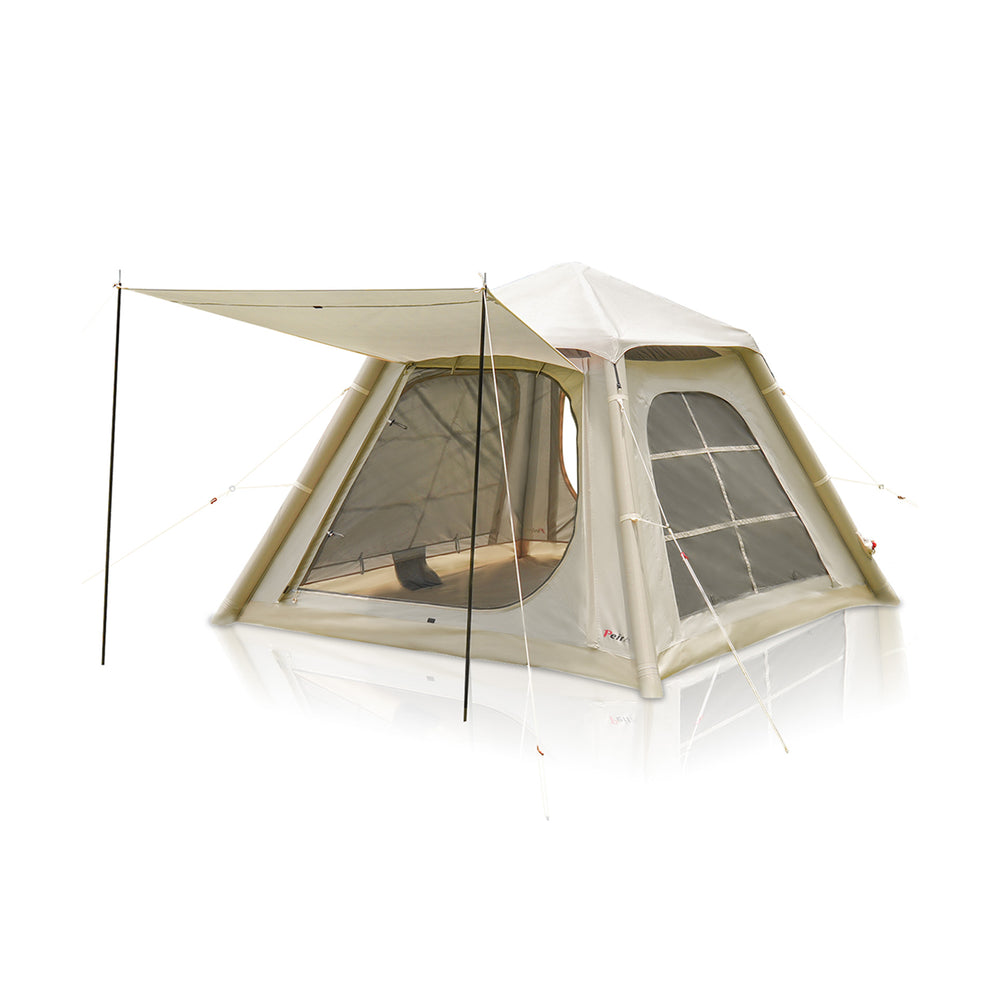
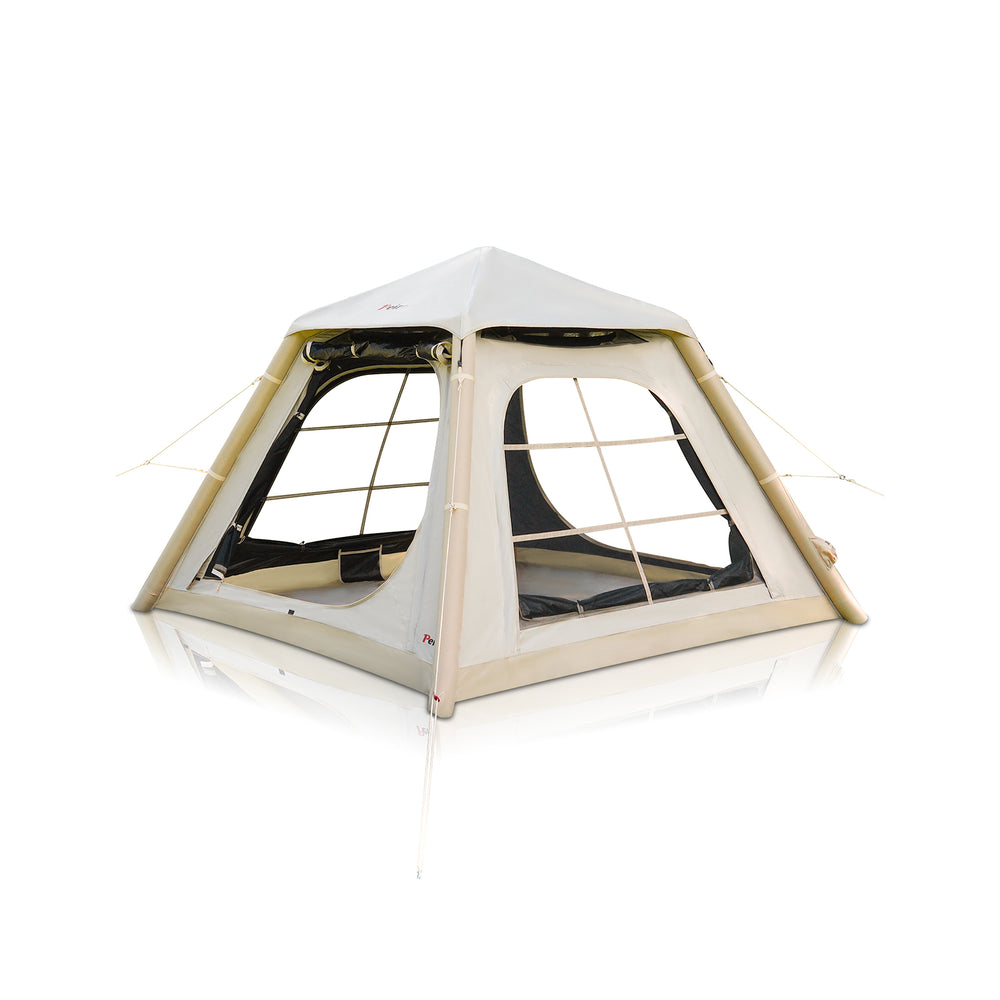
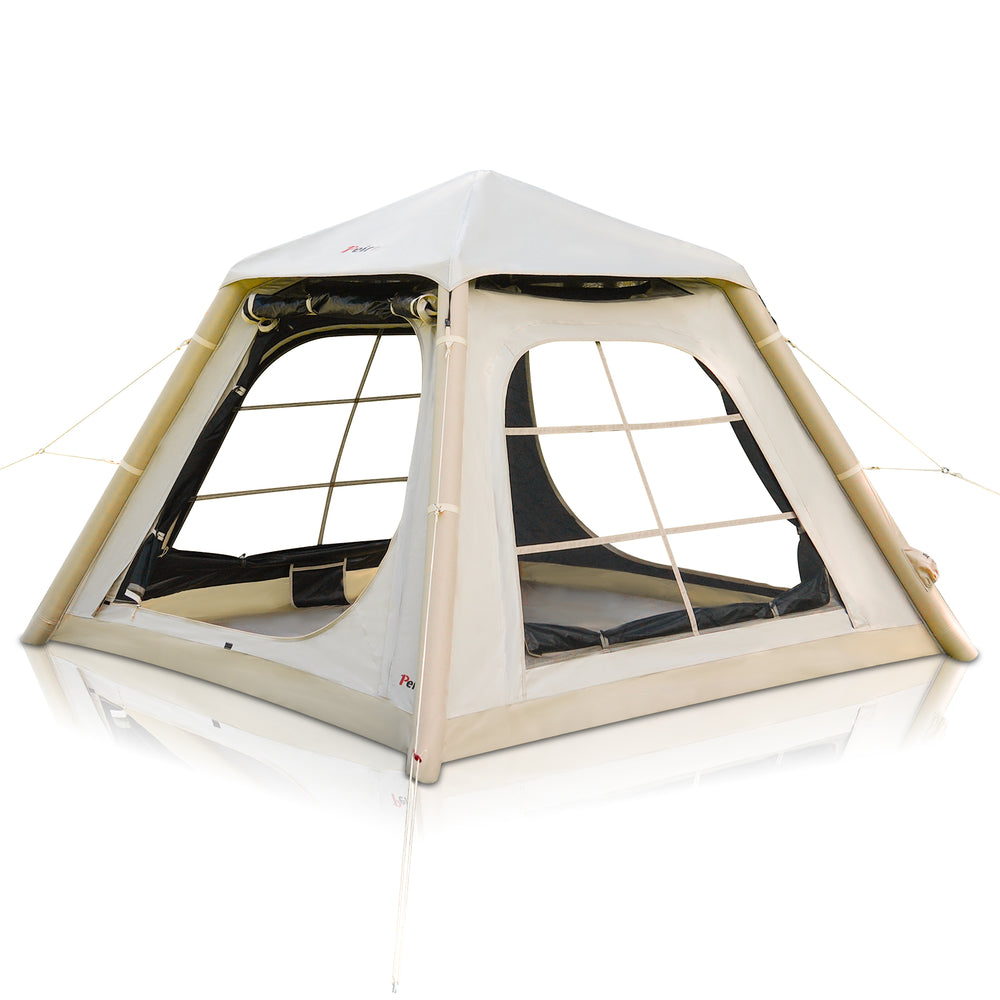
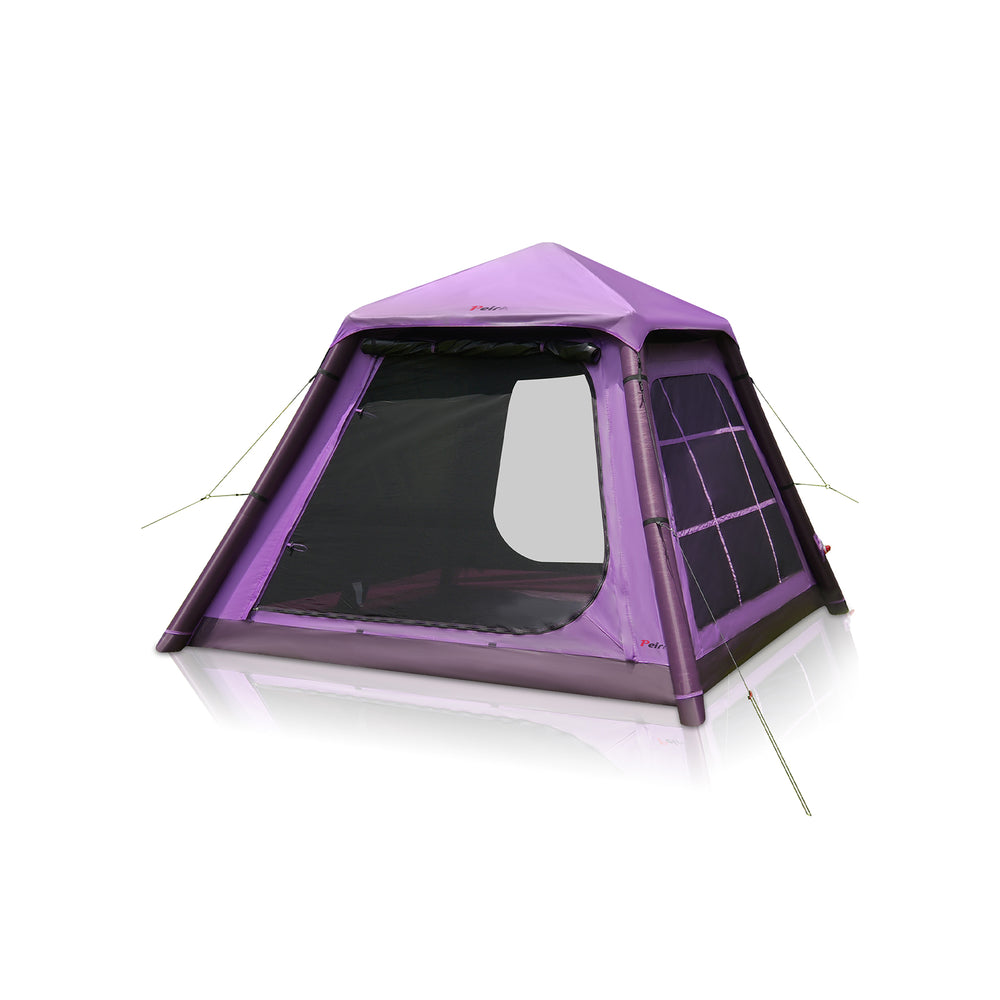


 Peirhw Inflatable House Tent - Starry Night Love
Peirhw Inflatable House Tent - Starry Night Love
 Peirhw Glamping Tents - Friendship Castle
Peirhw Glamping Tents - Friendship Castle
 Peirhw Inflatable Canopy Tent - Adventurer
Peirhw Inflatable Canopy Tent - Adventurer

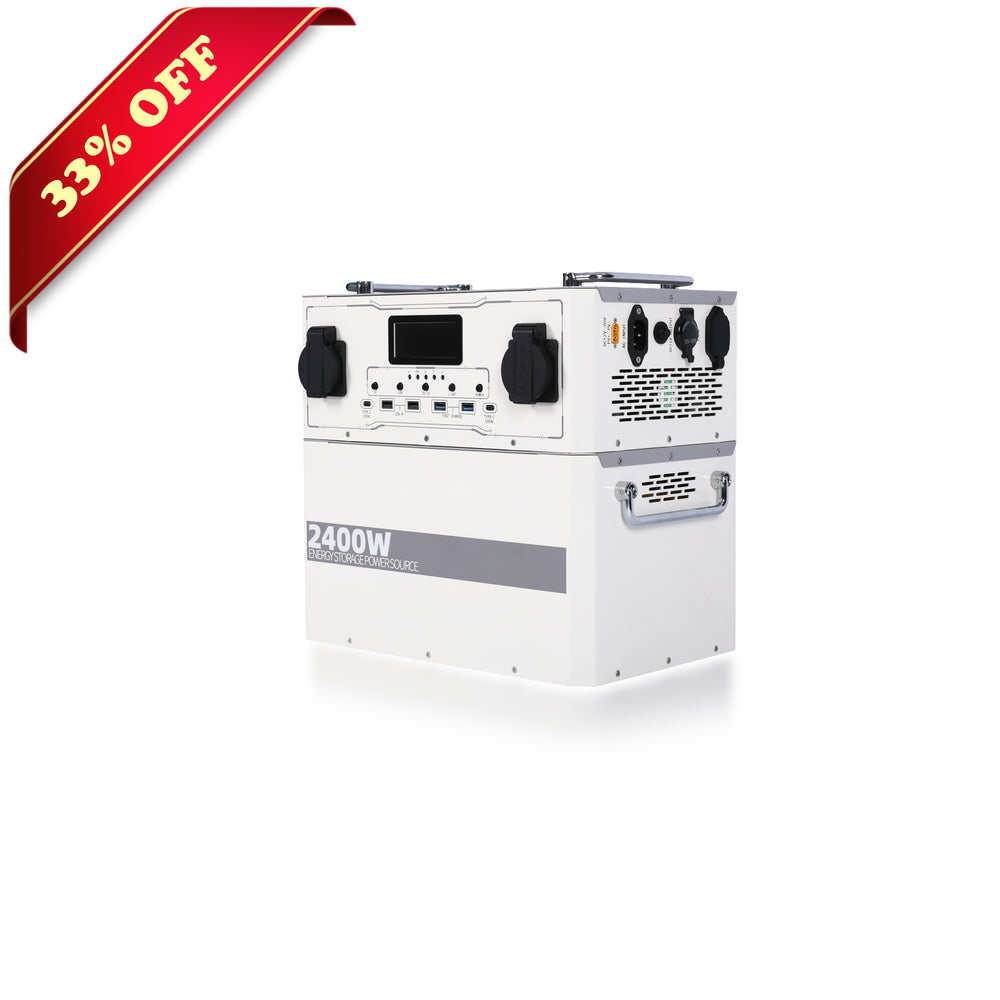
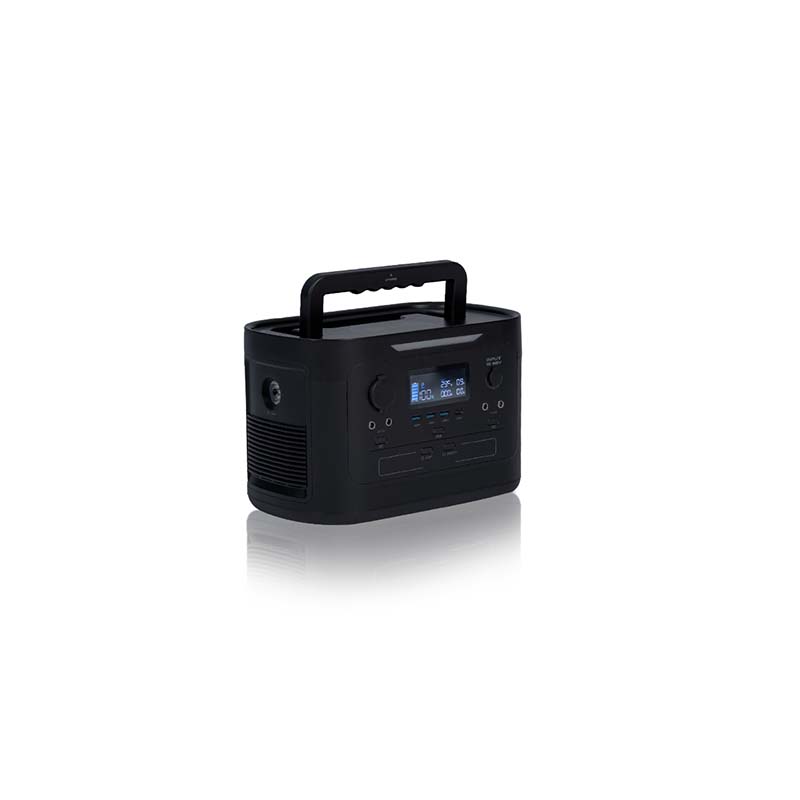
 Peirhw Portable Air Conditioner
Peirhw Portable Air Conditioner
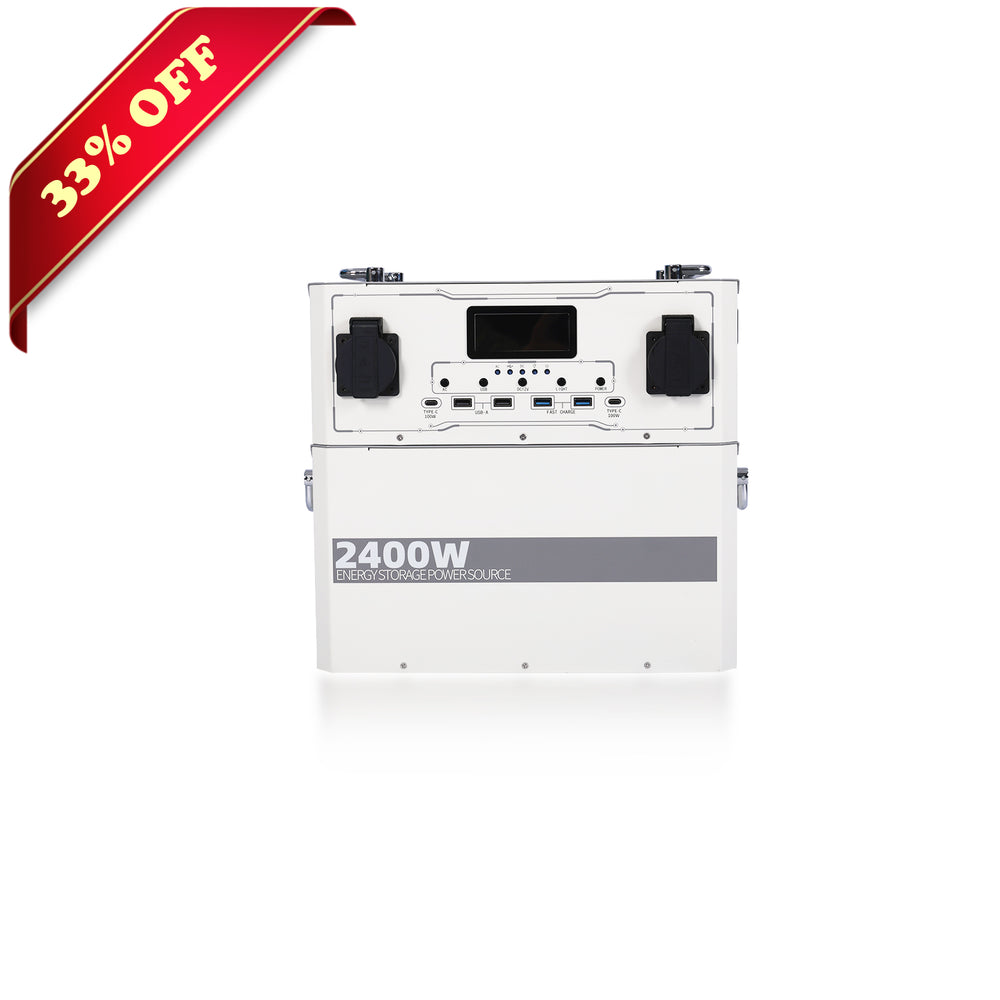 【Advance Sale】Peirhw Portable Power Station 2400W
【Advance Sale】Peirhw Portable Power Station 2400W
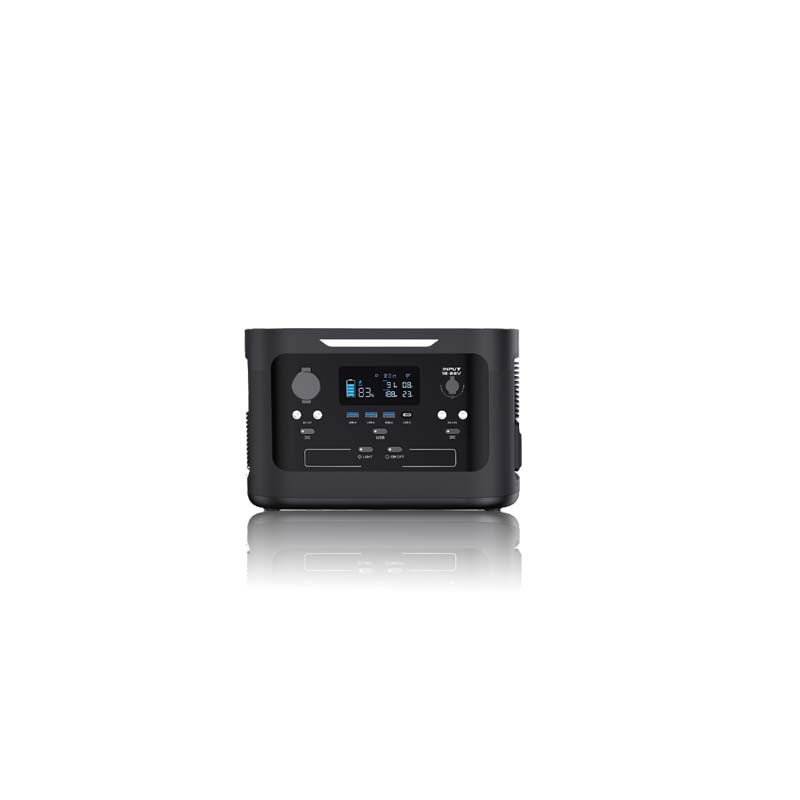 【Advance Sale】Peirhw Portable Power Station 600W
【Advance Sale】Peirhw Portable Power Station 600W

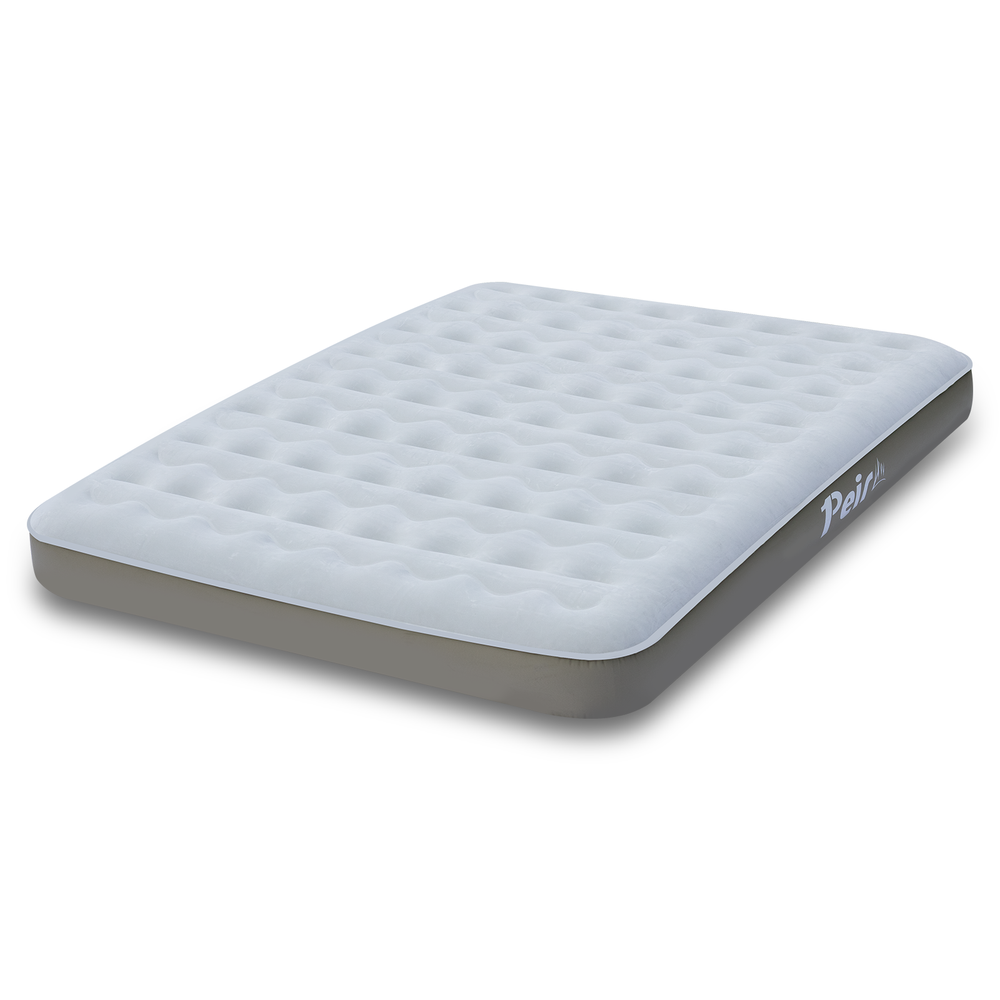



 Peirhw Self Inflating Sleeping Pad
Peirhw Self Inflating Sleeping Pad
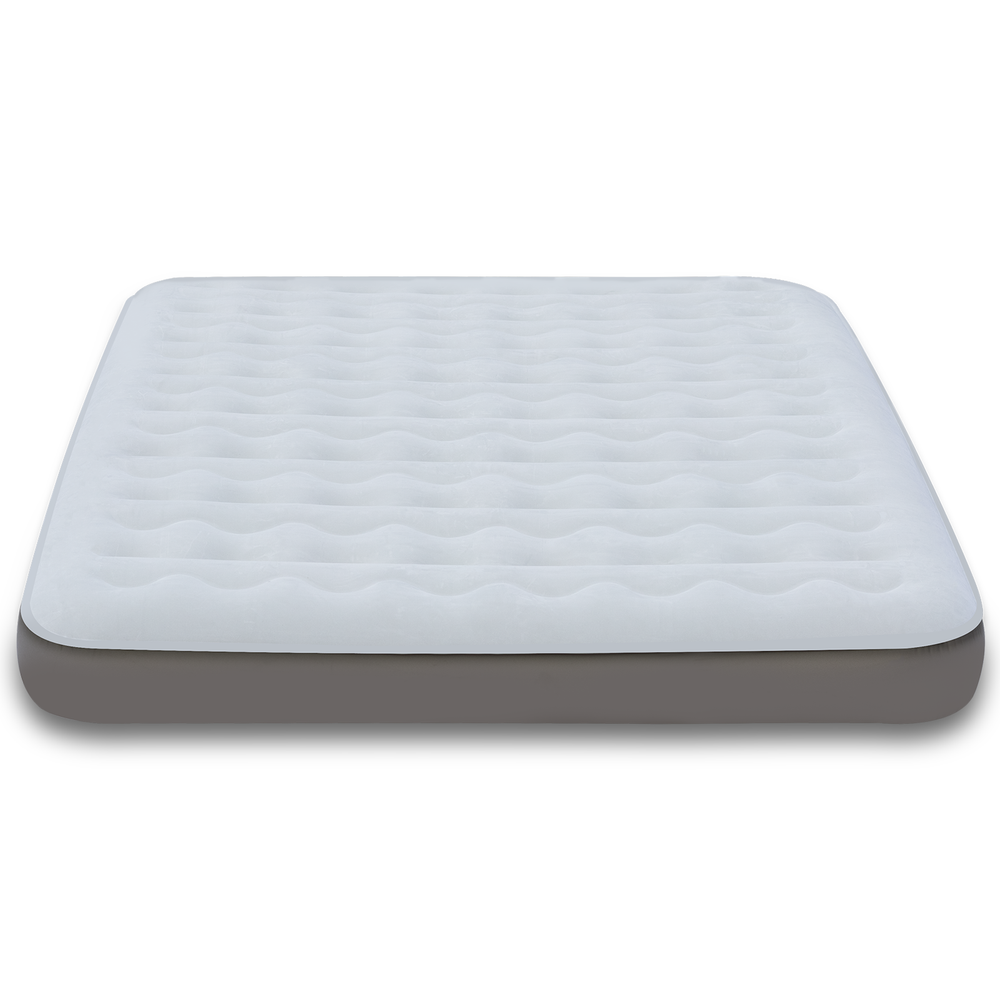 Peirhw Air Mattress (8" Queen Type)
Peirhw Air Mattress (8" Queen Type)
 Peirhw Camping Sleeping Bag
Peirhw Camping Sleeping Bag

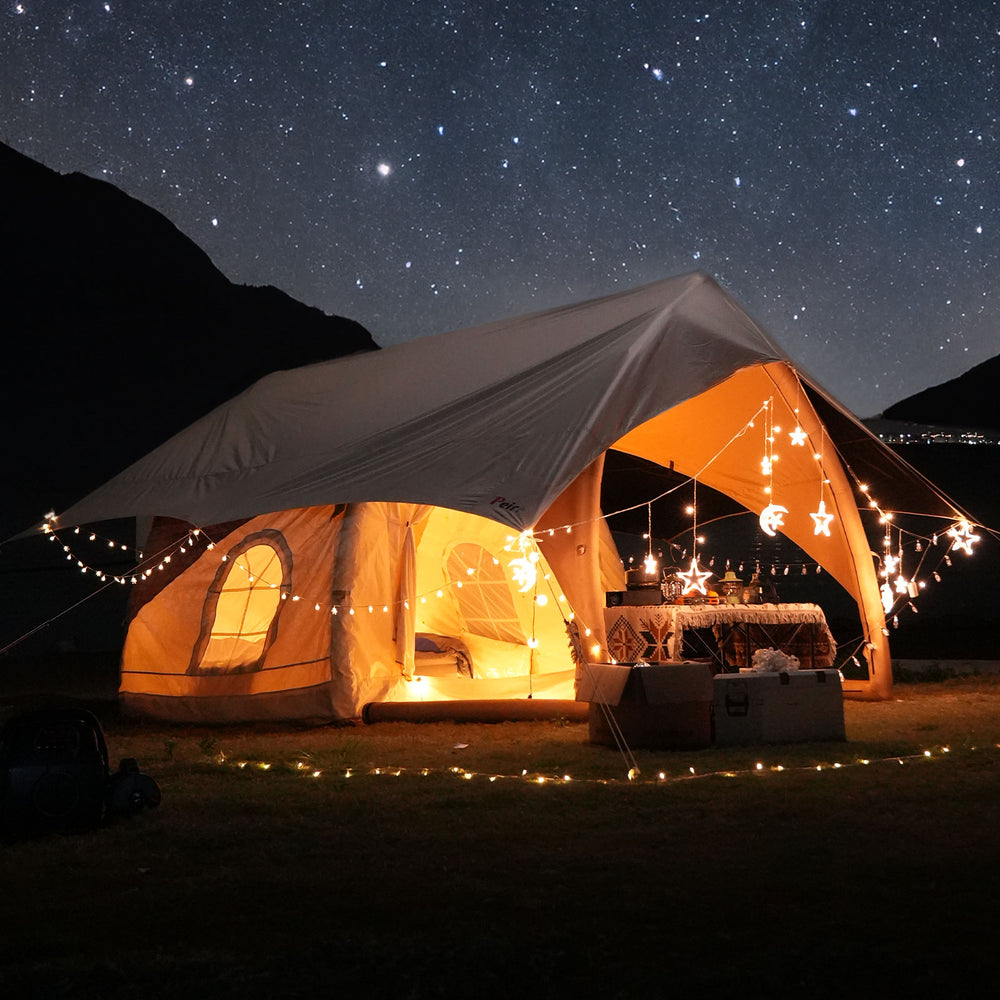
 Peirhw Butterfly-shaped Canopy for Camping
Peirhw Butterfly-shaped Canopy for Camping
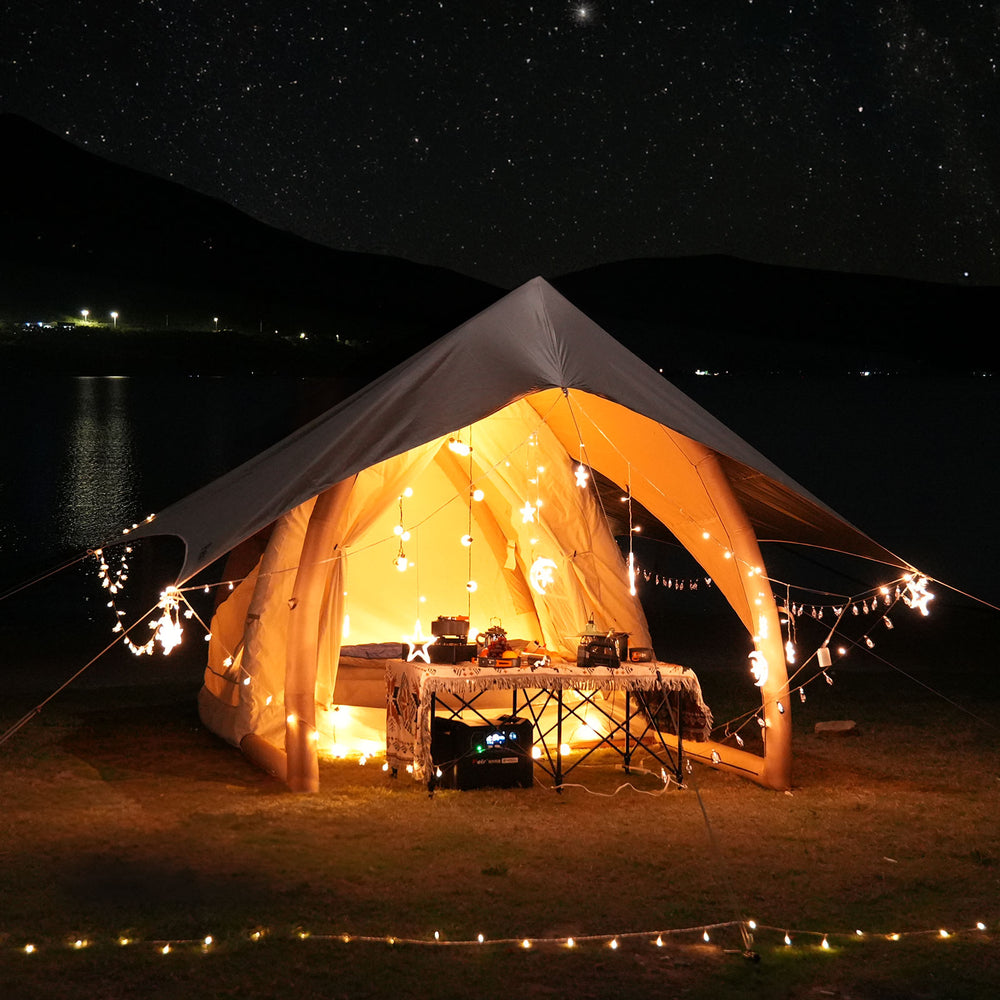 Peirhw Camping Waterproof Canopy (Cannot be Purchased Separately)
Peirhw Camping Waterproof Canopy (Cannot be Purchased Separately)

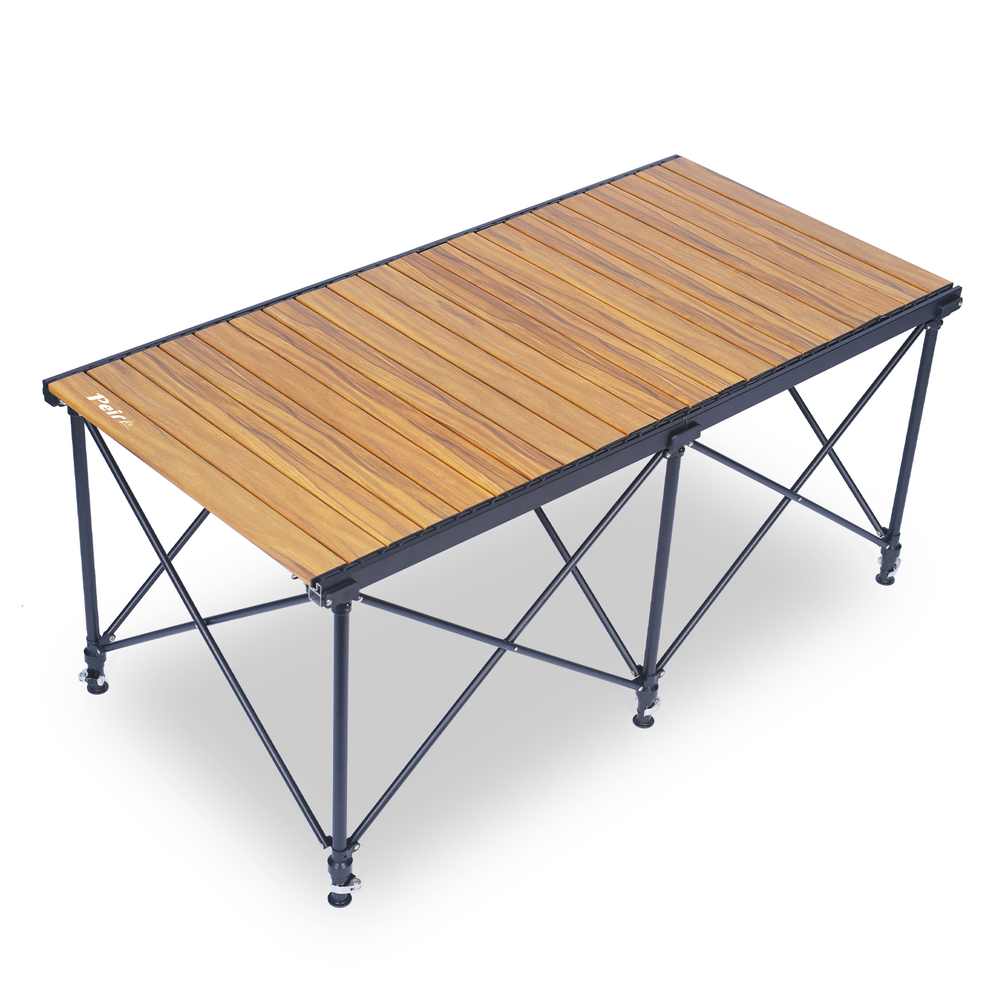
 Peirhw Outdoor Folding Chairs
Peirhw Outdoor Folding Chairs
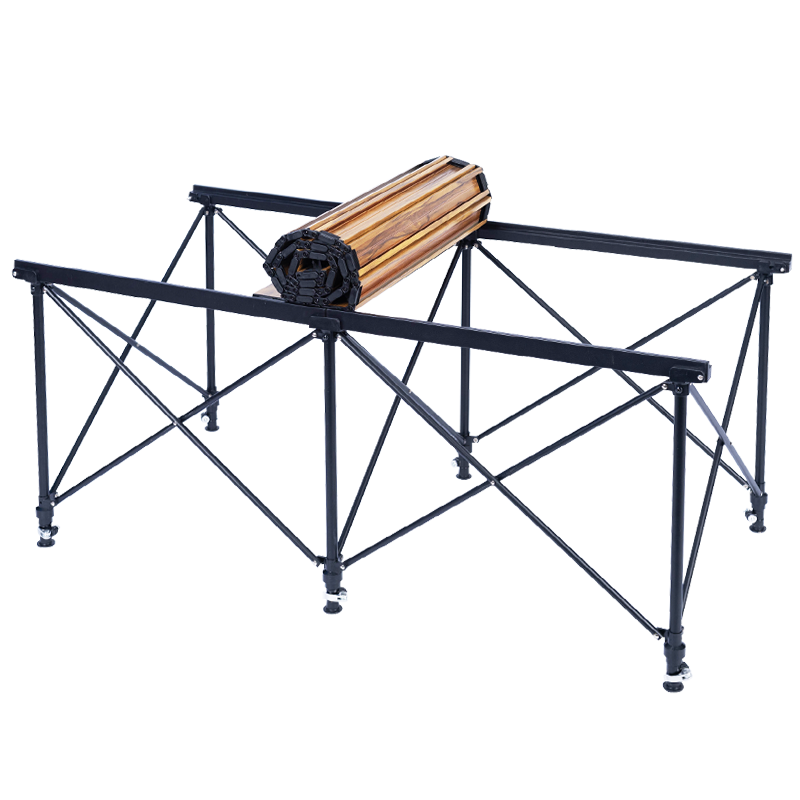 Peirhw Folding Camping Table
Peirhw Folding Camping Table



